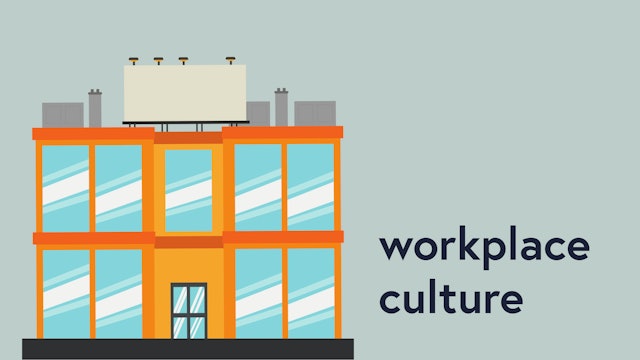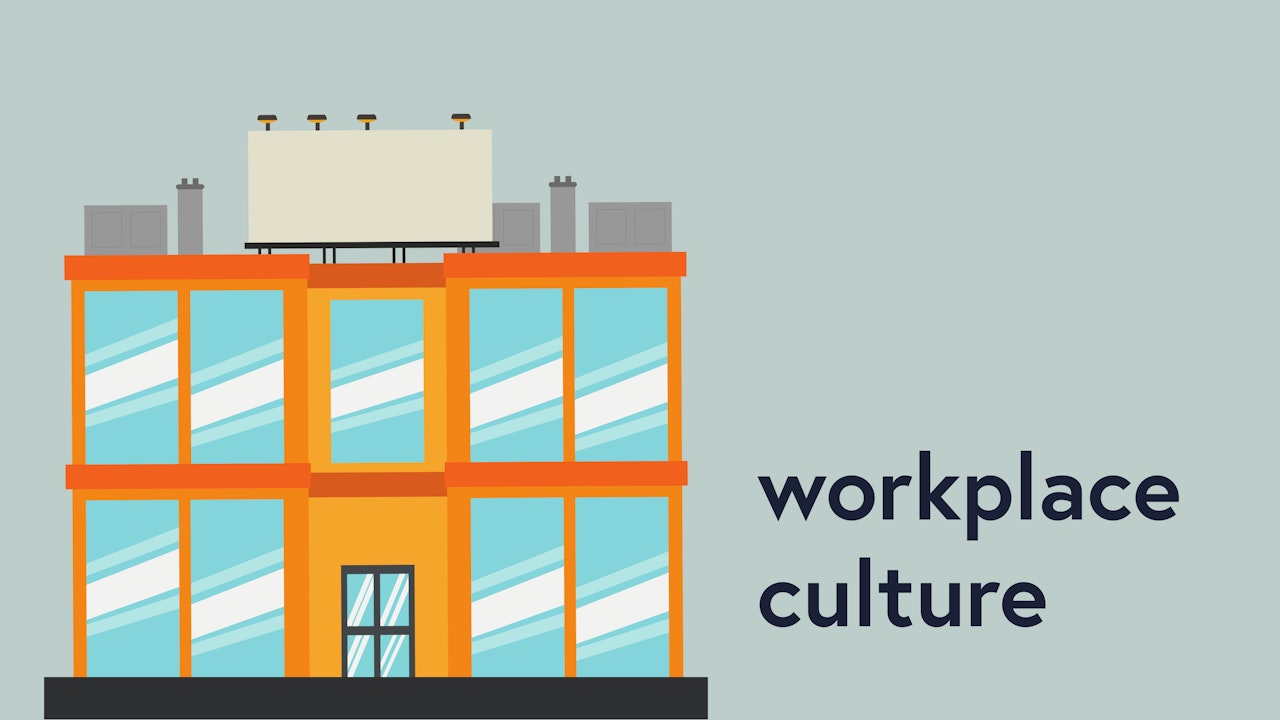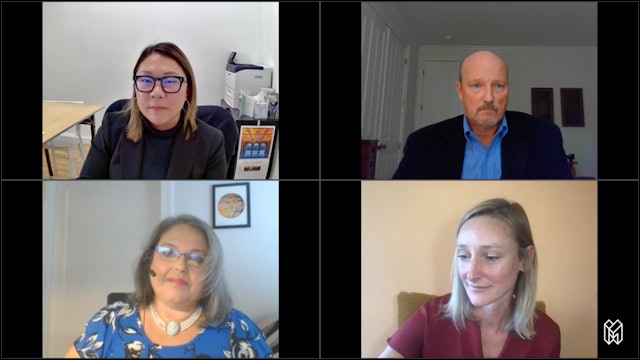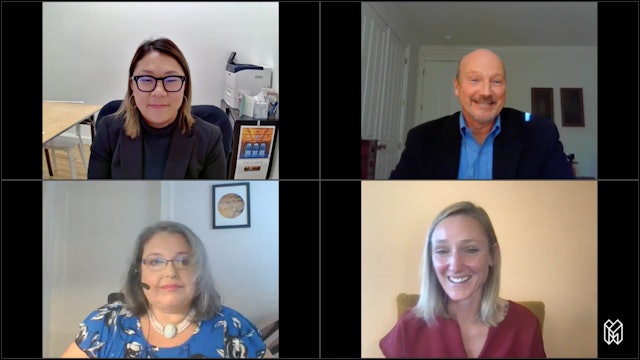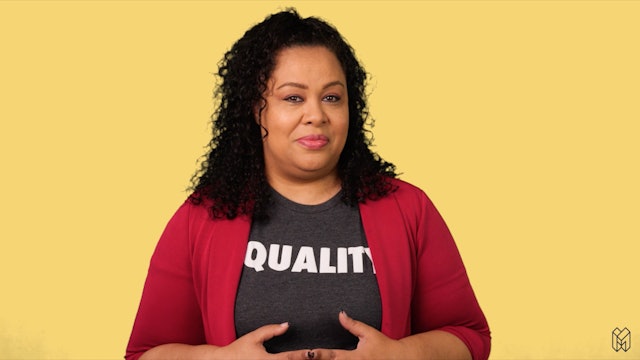-
Why is Social Class Diversity Important in the Workplace?
Social class diversity is about embracing employees of all socioeconomic backgrounds for the diverse perspectives they bring to the table. Here’s why it matters in the workplace and how bias can get in the way of advancement opportunities for people from lower economic origins.
-
What Is Emotional Labor?
Emotional labor refers to the unpaid, often invisible work that employees must do to keep other people happy. This type of work disproportionately falls on women employees, leading to burnout, decreased engagement, and lost productivity.
-
What is the Great Resignation?
Consider why Americans are quitting their jobs in record numbers in the wake of the COVID-19 pandemic. Learn valuable best practices for building an inclusive, supportive, and flexible culture that will reduce employee turnover at your company.
-
Why is Body Type Diversity Important?
As with other aspects of diversity, respecting body type diversity on your team is not only the right thing to do, but also has significant business benefits for your organization. These benefits include greater innovation, higher profits, and recruiting and retaining top flight talent.
-
How Can Frontline Employees Bridge Gaps Between Themselves and Their Clients?
Fostering an environment of inclusivity requires efforts that cascade from the top-down, the bottom-up, and across the middle. Understand how internal efforts of inclusion foster a better customer experience.
-
Implementing Broad Inclusion Policies and Practices
Learn some basic ways that your organization can be more inclusive to folks in the LGBTQ+ community, including updating forms, encouraging the use of pronouns, and highlighting Pride beyond June.
-
What Does It Mean To Eat Halal?
Muslim people who eat halal follow specific dietary guidelines derived from the Quran. These guidelines include avoiding pork, alcohol, and eating only meat that has been prepared according to Islamic dietary laws.
-
What Do Organizations Gain By Embracing DEI?
There are many business benefits of implementing a strong DEI initiative. Hear from Kerry Andolina, Head of Human Resources and Global Diversity at Dover Street Market, and Phil Kowalczyk, CEO of The Diversity Movement, on what they find to be the most beneficial.
-
Signs of a Toxic Workplace Culture
Toxic workplaces aren’t just bad for employees; they’re also detrimental to business success, frequently leading to higher employee turnover, poor morale, and decreased productivity. Here are a few signs that a workplace is toxic and how to address them.
-
Is it Okay to Comment on my Black Colleague's New Hairstyle?
Understand why commenting on or complimenting a Black coworker’s hair can make them uncomfortable or feel alienated from the team. Consider the importance and benefits of focusing your interest and praise on your Black colleagues’ work performance, rather than their hairstyles.
-
Pronouns 101
Listen as Susie breaks down a few different sets of pronouns as well as what pronouns are most common in the workplace. Then, she dives into why using the phrase "preferred pronouns" is not inclusive.
-
How Do You Gain ESG Experience?
Environmental, social, and governance (ESG) factors are of growing interest to companies and their employees. Learn a few steps you can take to gain ESG experience and position your ESG initiatives for success.
-
What's an Everyday Behavior You Do to Be More Inclusive?
Learn a few quick and easy actions you can take on a day-to-day basis to increase feelings of inclusion at your workplace, even in a remote setting.
-
What is a Toxic Workplace Culture?
A toxic workplace culture can be hard to spot from the outside, but employees know it when they’re working in one. Bullying, threats, micromanaging, and a constant feeling of uncertainty are all signals that a toxic culture may be festering.
-
How Can You Advocate for Yourself in a Workplace Environment?
You can't always depend on others to advocate on your behalf in the workplace. So how do you advocate for yourself? Learn how in this video.
-
Inclusive Onboarding: Best Practices
Learn how to build a welcoming and diverse workplace for new employees through inclusive onboarding. Creating an inclusive onboarding process ensures a healthy climate for new recruits to flourish, feel accepted, and grow within a company.
-
What is Toxic Masculinity?
Toxic masculinity is associated with a winner-take-all mentality, emotional toughness, physical stamina, and sabotaging colleagues or coworkers to get ahead. This video will help you understand the meaning of this phrase and why it matters in the workplace.
-
What are Some Best Practices for Giving and Receiving Feedback?
Learn Jamie and Donald's top tips for both receiving and giving feedback as a leader and why these tips make your workplace culture stronger.
-
What is Body Positivity, and Why Does It Matter?
Body positivity is a worldwide movement focusing on equality for and acceptance of people of all body types. Body positivity says that every person deserves to like themselves and have a positive self-image, regardless of what their body looks like.
-
What is Active Allyship and How Can I Practice it at Work?
Active allyship is more than believing people should be treated fairly - it's taking action to ensure equitable treatment. Learn how you can be an active ally in the workplace.
-
How Can I Disrupt Bias Against Women?
In this example video, learn how to interrupt everyday bias against the women in your office. Here is our suggested course of action to stop microaggressions in a firm, yet non-confrontational, manner.
-
What Does Workplace Excellence Mean and How Do Organizations Achieve It?
Learn what workplace excellence is and how inclusion is a central tenet of any successful company. Then, learn how your organization can achieve maximum success.
-
Common Microaggressions Against Women at Work
Women in the workplace face a number of gender-based microaggressions, including interruptions, pet names, and unpaid tasks. Understand what to look out for so you can better empower your women colleagues to do their best work.
-
Genuine v. Performative: How to Be Sure Your DEI Efforts Are Authentic
Many organizations worry about whether their DEI initiatives are performative, rather than genuine. How can you be sure your stated commitment is supported with action and progress? These five steps will help ensure that you are acting with authenticity and intention.

